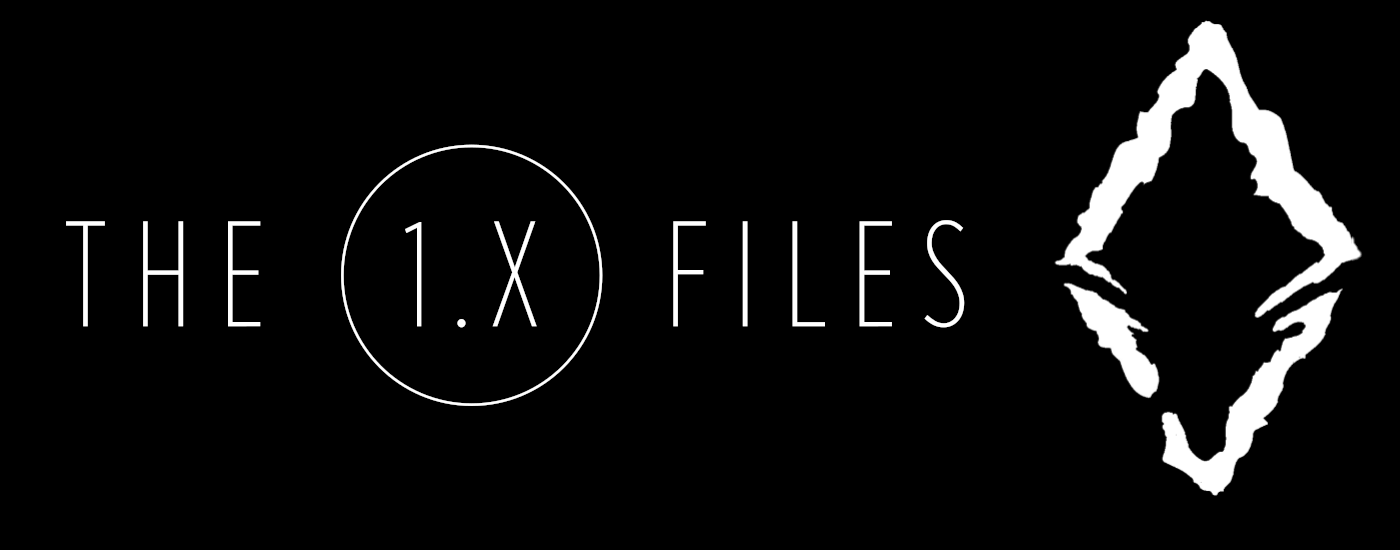Binance will phase out BUSD by 2024

- Binance encouraged eligible users to convert their BUSD assets to other stablecoins before February 2024.
- The exchange added that Binance-Peg BUSD token withdrawals via the BNB Chain, Avalanche, Polygon, and Tron networks will be suspended in September.
- Deposits on these networks, including Ethereum, will continue until further notice.
- Following the SEC crackdown, the company previously exchanged $1 billion worth of BUSD for USDT and TUSD in its SAFU fund.
Users with BUSD balances on Binance are advised to convert their holdings to another supported stablecoin or asset before February 2024.
The August 31 announcement noted the gradual closure of BUSD-related products on cryptocurrency exchanges, specifically for spot and margin trading. Additionally, starting next month, Binance will no longer support BUSD withdrawals via the BNB Chain, Avalanche, Polygon, and Tron networks. This change will take effect from 06:00 (UTC) on September 7.
Binance discontinues BUSD support
You can deposit BUSD into the aforementioned networks until further notice. According to the announcement, deposits and withdrawals via Ethereum will not be affected.
The announcement comes six months after digital asset issuer Paxos was ordered by U.S. regulators to stop issuing BUSD tokens. The New York Department of Financial Services has launched an investigation into the New York-regulated company, effectively halting the issuance of new BUSD.
The Securities and Exchange Commission simultaneously classified BUSD as an unregistered security. Binance and its CEO Changpeng Zhao were sued months later by the SEC, accusing them of violating US law by casting a regulatory shadow over prominent players in the cryptocurrency industry.
SEC vs Cryptocurrency
Similar allegations of rule violations and selling unregistered securities have been made against rival cryptocurrency exchange Coinbase. In particular, Coinbase CEO Brian Armstrong was not mentioned in the investigation at the time.
Both companies refuted these claims, objecting to the SEC’s choice to regulate the digital asset industry through enforcement actions rather than providing clear guidance.
The SEC is currently filing three lawsuits against Coinbase, Grayscale, and Ripple, all of which involve opposing views on the interpretation of securities laws for blockchain-based crypto assets. In two of these cases, the judges ruled partially against the SEC’s position in the Ripple case or entirely in the Grayscale spot Bitcoin ETF case.
DeFi advocates also welcomed SDNY Judge Katherin Polk Failla’s ruling in the Uniswap lawsuit that the software cannot be held liable for user losses or third-party damages. It is unclear whether this victory for DeFi sets a precedent for the Tornado Cash incident.



